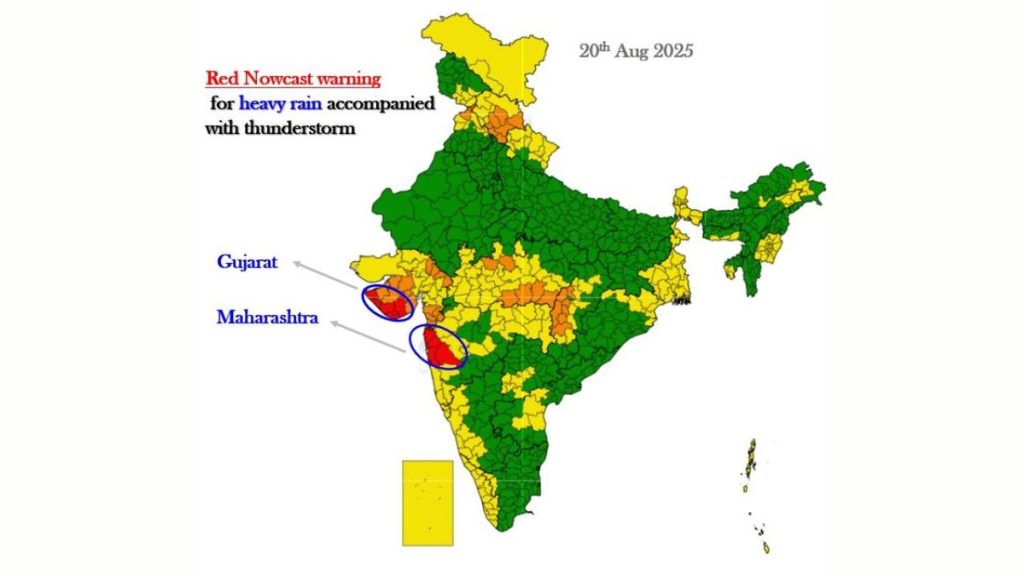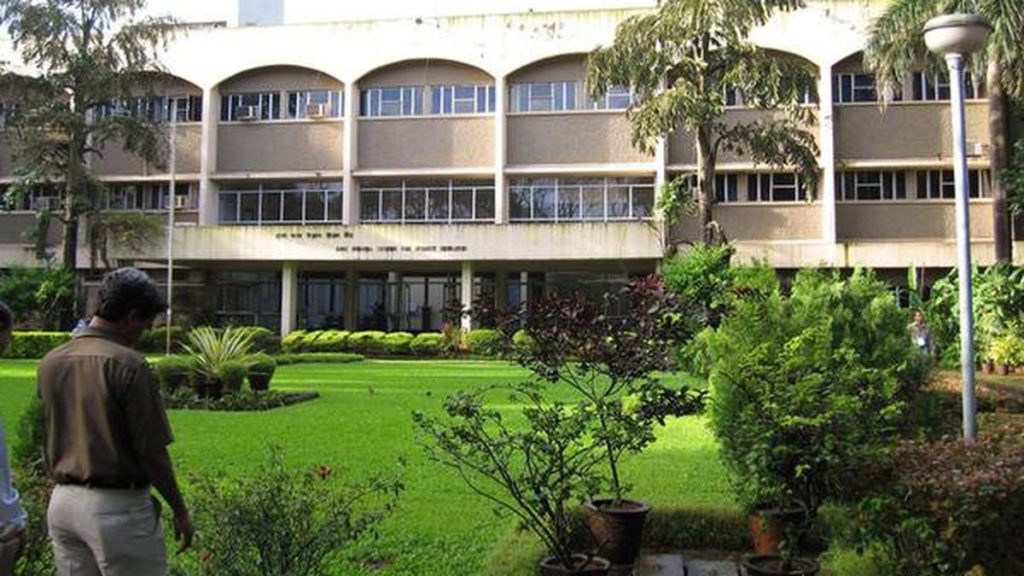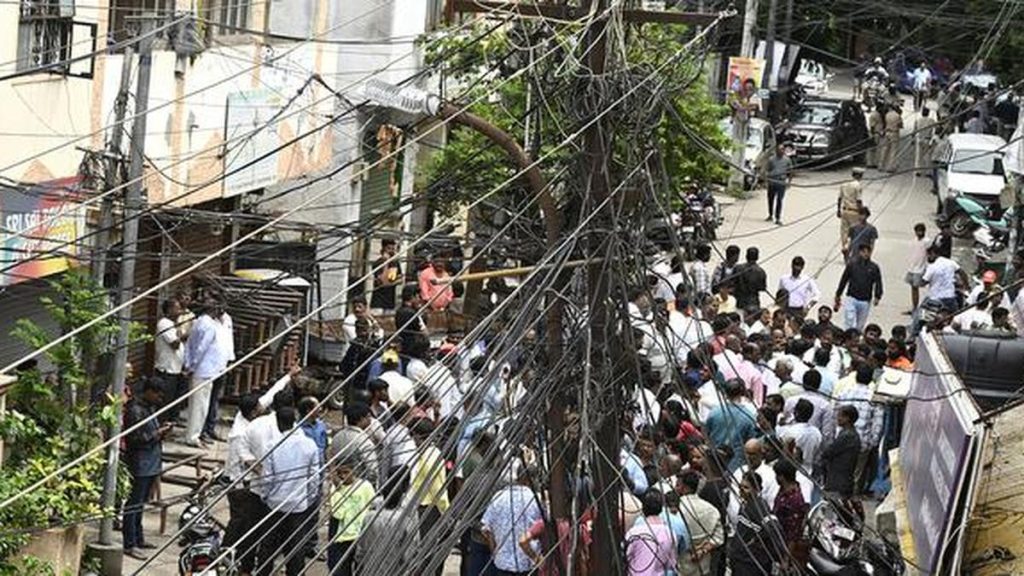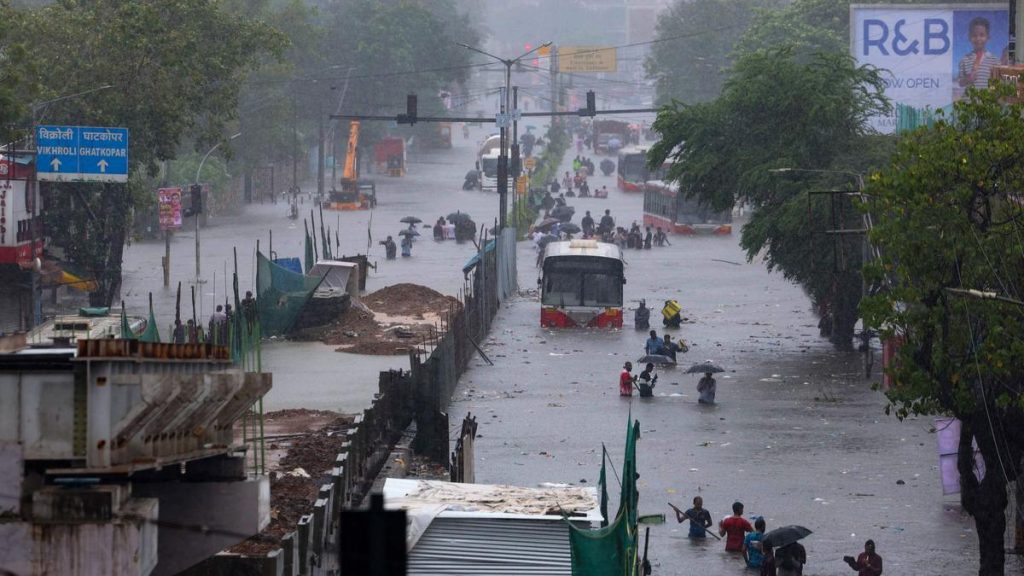Now Reading: Nilgiris to Receive Automated Machines for Sewage Cleaning
-
01
Nilgiris to Receive Automated Machines for Sewage Cleaning
Nilgiris to Receive Automated Machines for Sewage Cleaning
Quick Summary
- Announcement: Tamil Nadu Sanitation workers’ Welfare Board Chairman Thippampatti V. Aruchami announced that the district would receive five automated sewage cleaning machines, pending a request from the District Collector. Each machine costs ₹50 lakh and is already operational in other parts of the state.
- Event Details: At an event organized by TAHDCO in Udhagamandalam, Mr. Aruchami distributed welfare assistance to 10 sanitation workers. Officials have been instructed to procure details about the current manpower employed and address shortages if identified, with these concerns to be reported to the Chief Minister.
- Sanitation Worker Support Measures: Local bodies have been directed to provide protective equipment such as gloves, masks, and shoes for sanitation staff; monthly grievances redress days are recommended; medical screening camps under the Nalam Kaakum Stalin scheme encouraged; preference urged for sanitation workers in housing projects under Kalaignar Kanavu Illam.
- Protests Held: Sanitation workers protested outside Nilgiris District Collector’s office during heavy rain over issues like non-payment of minimum wages fixed by authorities, lack of Provident Fund (PF) and Employees State Insurance (ESI) contributions by contractors, demand for regularization of contract jobs within local bodies, and opposition to outsourcing practices.
Indian Opinion Analysis
The initiatives announced at this event illustrate a positive move towards systemic improvements aimed at enhancing working conditions for sanitation staff-a sector that traditionally faces marginalization despite its essential utility in public health systems. The provision of automated machines perhaps promises safer work environments while reducing reliance on manual labor practices often criticized on grounds of safety risks.
however, protests staged alongside highlight persistent challenges faced by workers: wage discrepancies, insufficient employment benefits under PF/ESI regulations, lack of job security due to reliance on contract-based employment models-all issues symptomatic of structural inadequacies within local governance frameworks when addressing worker welfare comprehensively.
The efficacy and timely implementation hinge upon two critical factors: proactive administrative follow-through from district leadership alongside sufficient resource allocation ensuring directives translate into actionable impact. regularizing wage payment systems while instituting robust grievance mechanisms coudl offer immediate relief but require sustained policy commitment amid budgetary constraints typical across many sectors reliant on government funding structures.
For Read More: Source

























